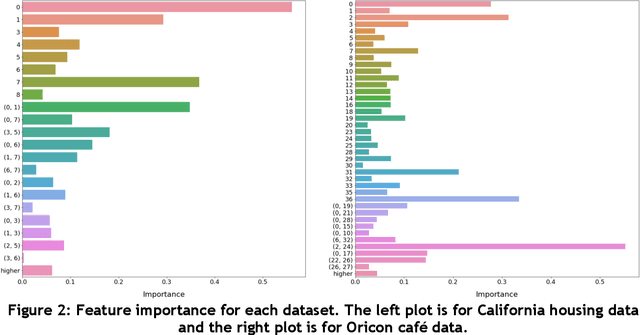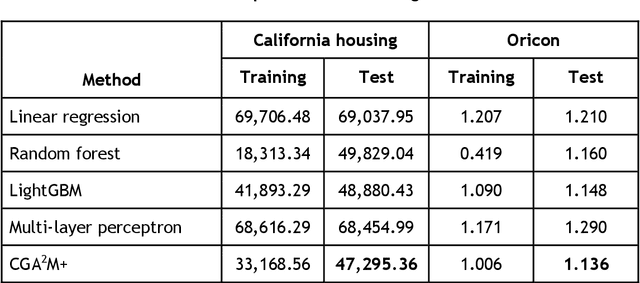Akihisa Watanabe
Open-Domain Dialogue Quality Evaluation: Deriving Nugget-level Scores from Turn-level Scores
Sep 30, 2023



Abstract:Existing dialogue quality evaluation systems can return a score for a given system turn from a particular viewpoint, e.g., engagingness. However, to improve dialogue systems by locating exactly where in a system turn potential problems lie, a more fine-grained evaluation may be necessary. We therefore propose an evaluation approach where a turn is decomposed into nuggets (i.e., expressions associated with a dialogue act), and nugget-level evaluation is enabled by leveraging an existing turn-level evaluation system. We demonstrate the potential effectiveness of our evaluation method through a case study.
Constrained Generalized Additive 2 Model with Consideration of High-Order Interactions
Jun 05, 2021



Abstract:In recent years, machine learning and AI have been introduced in many industrial fields. In fields such as finance, medicine, and autonomous driving, where the inference results of a model may have serious consequences, high interpretability as well as prediction accuracy is required. In this study, we propose CGA2M+, which is based on the Generalized Additive 2 Model (GA2M) and differs from it in two major ways. The first is the introduction of monotonicity. Imposing monotonicity on some functions based on an analyst's knowledge is expected to improve not only interpretability but also generalization performance. The second is the introduction of a higher-order term: given that GA2M considers only second-order interactions, we aim to balance interpretability and prediction accuracy by introducing a higher-order term that can capture higher-order interactions. In this way, we can improve prediction performance without compromising interpretability by applying learning innovation. Numerical experiments showed that the proposed model has high predictive performance and interpretability. Furthermore, we confirmed that generalization performance is improved by introducing monotonicity.
 Add to Chrome
Add to Chrome Add to Firefox
Add to Firefox Add to Edge
Add to Edge